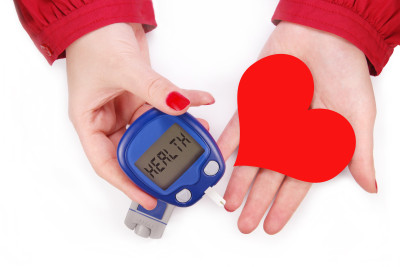Making A Change
By Martha Funnell, MS, RN, CDE
Two things affect how we change: how we think and how we feel. Our thinking side—our “head”—is careful. It guides us with facts and reason. We think things through before making a move. Our feeling side— our “heart”—is quicker to act. When our head and heart agree, it is easier to make a change. For example, if you’re in love it is easy to choose to get married, even though this is a very big change. But when your head and heart send you different messages, it is harder making a change —even when you really want to make them.
When you decide to make a change, you need to consider things you may have done without thinking, before. For example, if you never exercise, starting to be more active will take some thought. If you choose to walk each day after lunch, you may need to make a real effort to take this walk until it becomes a habit. As you make that choice your head will tell you that exercise helps improve your blood glucose, your weight and your energy level. But your heart may tell you you’re tired, have other things to do or can just walk tomorrow. It’s almost as though your heart wants to talk you out of doing what your head really wants to do.
It can be very tough when your head and heart disagree. You may want to lose weight but you eat two pieces of cake; then you get mad at yourself, feel guilty and give up. But for most people, negative feelings don’t seem to help them make a different choice the next time. The trick is to help your head and heart come together to support your goals.
How To Make A Change
The first step is to know when your heart is guiding your decisions. Think about what you choose to do, and not do, to care for your diabetes. Could your feelings about having diabetes affect your ability to make changes?
When you are faced with a choice, stop and think. Because your heart tends to make quick decisions, you may just need to pause before you act. You can also use your head to create new messages. For example, tell yourself that it’s OK to be angry about having diabetes, but you won’t let that anger control your decisions.
You can also learn to use both your heart and head. Perhaps your head knows that medicine helps keep your blood glucose level on target. Your heart may remind you to care about your risk for complications. In that case, your heart and head can come together to help you make real change.
We all are guided by our hearts from time to time. But keeping your heart and head in balance can help making a change easier and help you take charge of your choices and your diabetes.













